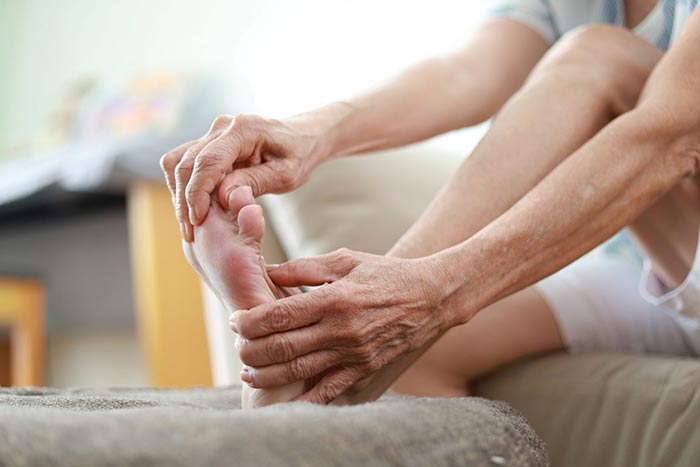It can be easy to put yourself at the bottom of your to-do list. Make your health and wellness a priority so you have the physical, mental and emotional strength to care for and support your parents.
Ask for Help
You don’t have to do it all alone. Reach out to siblings, friends or professionals to help ease the stress of caring for aging parents. Siblings who live out of town can lend a hand with weekly or daily phone calls to check in on parents from afar or help by scheduling appointments.
Eat Healthy
A nutritious diet can give you the energy and stamina you need to tackle all your responsibilities. Make room on your plate for loads of veggies, fruits, whole grains, lean protein, and low-fat dairy.
Indulge Yourself
Schedule a massage, get a pedicure or curl up with a good book. Spending time on leisure activities you enjoy can help you unwind and relax.
Stay Active
Exercise is a proven stress reducer and can help improve your mood. Head around the block for a solo walk or have a friend join you during an exercise class.
Talk to Someone
It’s difficult to watch parents—who once seemed invincible to you as a child—struggle with everyday tasks. Share your thoughts and feelings with a loved one, trusted friend or licensed therapist.




